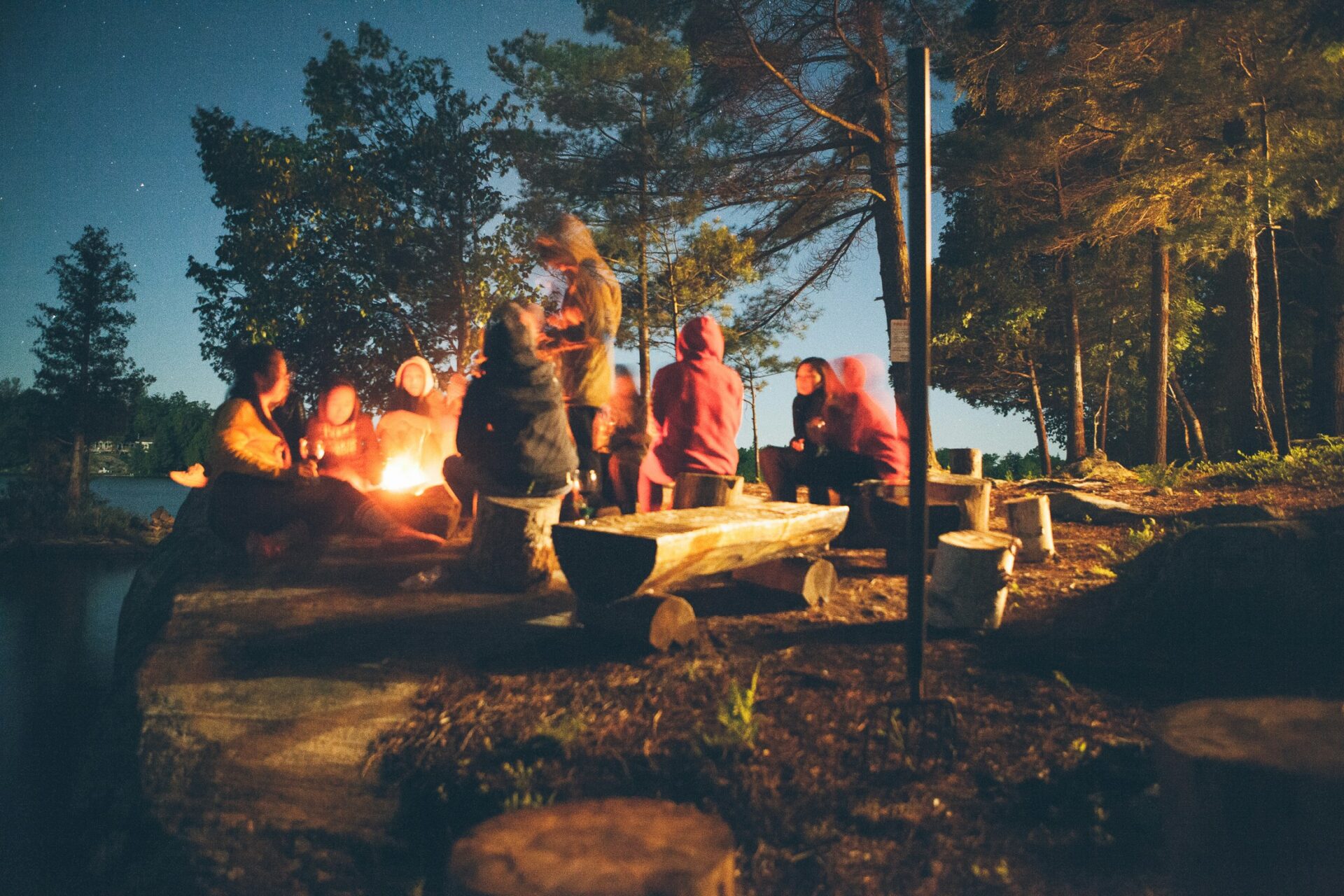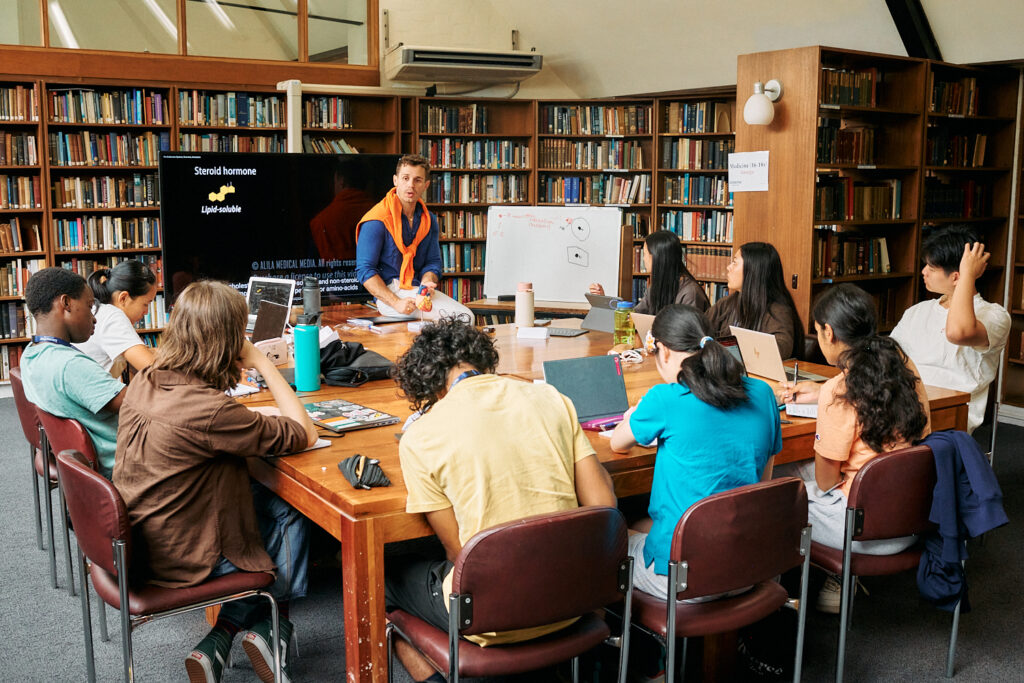Completing the gold DofE residential is one of the most memorable and rewarding elements of the Duke of Edinburgh’s Gold Award. Whether you’re preparing to embark on this adventure or simply curious about what’s involved, this guide will explain the structure, activities, requirements, and preparation tips to ensure you have a positive, confidence-boosting residential experience.
What Is the Gold DofE Residential Section?
How the DofE Is Structured
The Duke of Edinburgh’s Award (DofE) is built around progressive levels – Bronze, Silver, and Gold – each designed to challenge participants a little more than the last. At every stage, you complete activities in four core sections: Volunteering, Physical, Skills, and Expedition. These strands work together to encourage personal development, community engagement, and resilience. As you move up through the levels, the time commitment increases, and the expectations for independence grow.
The Gold Award represents the pinnacle of the DofE journey. It extends the requirements of the other sections while adding new challenges that push participants to step outside familiar settings and forge new connections. In this way, Gold ties together everything achieved at Bronze and Silver while adding the extra dimension of living, learning, and working alongside people from different backgrounds. It’s this final step that makes Gold such a prestigious and transformative experience.
Purpose and Overview of the Residential Requirement
The gold DofE residential is a core component of the Gold Award, designed to take you out of your comfort zone, support personal growth, and build lasting skills. You’ll spend a minimum of five days and four nights away from home, participating in a shared activity with a group of people you don’t already know. Approved by the DofE, these residentials take place in a supervised, supportive environment – ranging from outdoor adventure weeks to creative arts camps, environmental projects, academic workshops, and more. As it happens, Immerse Education is proud to be an approved activity provider for the DofE Gold Residential.
The aim? To foster independence, resilience, teamwork, and adaptability, while providing opportunities to learn and contribute in a new context.
Typical Experiences During the Residential
Types of Activities and Projects Involved
Gold DofE residentials are deliberately varied so you can find an activity that matches your interests and challenges your skills. Common types include:
- Adventure and Multi-Activity: Hiking, canoeing, climbing, kayaking, or multi-adventure courses that build physical fitness and collaboration.
- Conservation and Environmental Projects: Working on sustainability initiatives, ecological restoration, or wildlife monitoring in natural settings.
- Creative or Skills-Based: Drama, music, art workshops, culinary or STEM camps for those who want to develop specialist abilities.
- Volunteering and Social Impact: Assisting at camps for children, animal rescue, supporting vulnerable groups, or participating in charity-run residentials.
Remember, every gold residential must be with a group of mostly unfamiliar people (not your existing friends), be led by an organised provider, and meet DofE criteria for safety, inclusivity, and purposeful activity.
Accommodation and Daily Routines
Accommodation typically ranges from dormitories in residential centres, comfortable campsites, hostels, campuses or eco-lodges, with same-gender room sharing common. Most programs are fully catered, with meal plans suitable for dietary requirements. Expect a busy schedule: activities and workshops fill the days, with evenings set aside for social events, team-building, or relaxation.
A typical day might look like:
- Morning: Group meeting, briefing, and first activity or workshop.
- Afternoon: Continued activities, project work, or skill sessions.
- Evening: Meals, games, reflective sessions, or presentations.
Common Challenges Participants Face
- Homesickness or nerves: It’s normal to feel anxious about meeting new people and being away from home, but this quickly melts into new friendships.
- Adaptability: Adjusting to group routines and taking part in activities outside your usual comfort zone.
- Teamwork: Learning to support and depend on others – key for both activities and shared living.
- Time management: Balancing busy schedules with personal downtime and responsibilities.
All these challenges are part of the learning and growth embraced by the Duke of Edinburgh’s residential framework.
Join the Immerse Education 2025 Essay Competition
Follow the instructions to write and submit your best essay for a chance to be awarded a 100% scholarship.

How to Prepare Effectively for Your Residential
Choosing the Right Residential Activity
- Reflect on your interests and goals: Outdoor adventure, arts, science, volunteering, or new life skills?
- Check provider accreditation: Choose only DofE-approved activity providers (like Immerse Education) to guarantee your experience meets the award’s standards.
- Location and accessibility: Consider travel, costs, and any accessibility needs. Many providers offer financial support or adapted facilities.
Essential Packing and Equipment Tips
Every provider will send a kit list, but core essentials include:
- Clothing for varied weather: Waterproofs, warm layers, comfortable footwear.
- Personal items: Toiletries, towels, medications, sunblock, reusable water bottle.
- Bedding: Sleeping bag or cover (if not provided).
- Activity-specific gear: Sometimes provided, but check ahead for requirements.
- Notebook and pen: Handy for reflection or required reporting.
- Money for snacks or emergencies.
Label all items, pack light but prepared, and check the full list in your welcome pack.
Developing the Right Mindset and Skills
- Be open and positive: Embrace meeting new people and trying unfamiliar activities.
- Practice teamwork and communication: Be willing to contribute, listen, and support your group.
- Plan for independence: Self-management, timekeeping, and personal responsibility matter in a residential setting.
- Ask for help: Providers are experienced in supporting first-time residential participants—never be afraid to reach out.
Benefits and Outcomes of Completing the Residential
Personal Growth and Skill Development
You’ll finish your Gold DofE residential with:
- Increased self-confidence and independence
- New practical and interpersonal skills
- Better coping strategies and adaptability
- Greater cultural awareness and teamwork ability
These personal transformations are why the Duke of Edinburgh residential section is so highly valued by universities and employers – even if it doesn’t directly earn UCAS points.
For further reading on how the DofE Award connects to your educational path or UCAS application, read: Does Duke of Edinburgh Give UCAS Points?
Building Teamwork and New Friendships
One of the biggest takeaways is the friendships and networks you build. Living and working with new people brings out teamwork, empathy, and respect for different perspectives. Many participants say the residential section was their favourite and most memorable DofE experience.
A Word on Immerse Education’s Gold DofE Residential
Immerse Education is an approved Duke of Edinburgh activity provider, committed to delivering exceptional gold DofE residentials that are safe, purposeful, and enjoyable. Our academic and skills-based residentials are tailored to develop young leaders while meeting all official requirements. For more on our accreditations and the value of your DofE journey, visit our page: Immerse Accreditation & Awards.
In summary: The gold DofE residential is a unique opportunity to learn, grow, and thrive in a community of peers – all while completing one of the most respected youth awards in the UK. Prepare with an open mind, the right equipment, and a readiness to step up, and your experience will be truly unforgettable.

























